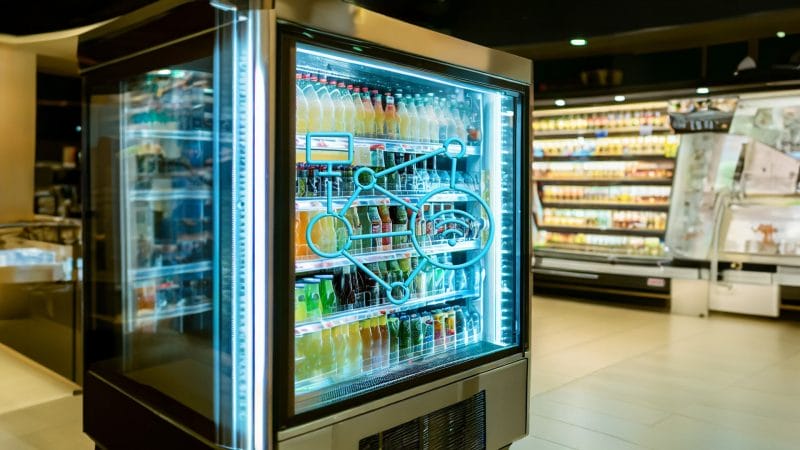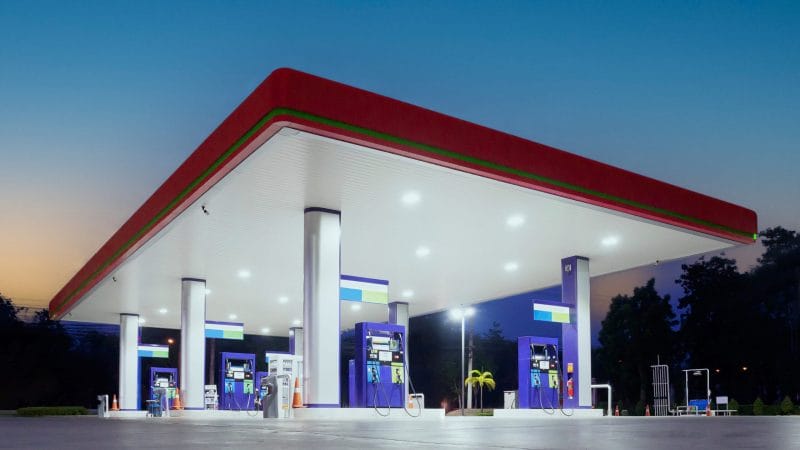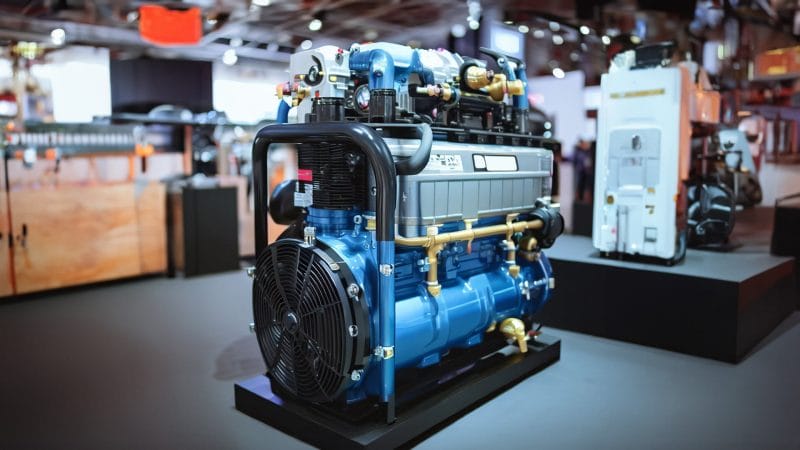Automation
What’s Automation?
What is Automation?
Automation refers to the use of control systems and technology to manage processes and machines in order to reduce human intervention. In the context of energy management, automation plays a pivotal role. Energy management refers to the proactive, organized, and systematic coordination of energy usage to meet certain requirements and preset parameters.
Automation in energy management can take various forms:
Smart grids: These are electricity networks that use digital technology to monitor and manage the transport of electricity from all generation sources.
Building automation systems: These are centralized, interlinked networks of hardware and software, which monitor and control the environment in commercial, industrial, and institutional facilities to ensure the comfort and safety of building occupants.
Home automation: This involves the control and automation of lighting, heating, ventilation, air conditioning, and security, as well as home appliances to provide improved convenience, comfort, energy efficiency, and security.
Industrial automation: This involves the use of control systems to handle different processes and machinery in an industry to replace human workers.
How does automation work regarding energy management systems?
Automation in energy management systems involves the use of intelligent control systems to monitor, control, and optimize energy consumption in a building or facility. These systems leverage sensors, meters, and other data collection devices to gather real-time information about energy usage across various devices and systems. This data is then analyzed and used to automate energy-saving measures, reducing energy waste, and improving efficiency.
What applications does automation have in the energy systems of service stations?
Service stations are prime candidates for the implementation of automated energy systems. From lighting and HVAC systems to refrigeration and spray nozzles, there are numerous energy-consuming devices that can benefit from automation. For instance, automated lighting systems can adjust based on natural light availability, and smart HVAC systems can optimize temperature based on occupancy and weather patterns.
What are some of the ways service stations can benefit from the automation of their energy systems and equipment?
- Safety: Automated lighting enhances safety and security. This especially applies during evenings and night shifts.
- Energy efficiency: Automated systems optimize energy use, reducing waste. When refrigeration units, commercial kitchen equipment and electrical systems are monitored by an energy management system, it becomes easier to adjust and regulate energy consumption. This results in more energy-efficient service stations.
- Cost savings: Lower energy consumption leads to significant cost savings. Leaner operations have a positive effect on the bottom line and the profits the service station generates.
- Improved operations: Real-time monitoring allows for quick response to any issues, preventing downtime. Minimizing equipment failure and unexpected maintenance leads to more efficiency and higher productivity.
- Sustainability: Lower energy usage reduces the carbon footprint, supporting eco-friendly practices. Oil companies operating service stations reap the reputational benefits of having a greener profile.
- Comfort: Smart HVAC systems maintain optimal temperature inside service stations. Temperature levels can be adjusted in real time according to preferences of customers and employees.
- Maintenance alerts: Members of staff receive instant notifications in the event of equipment failure. Predictive maintenance features alert staff to potential issues before they become major problems.
- Data insights: Detailed energy usage data can inform better decision-making. Managers and operators can use the data generated by the system to set goals that promote energy reduction.
- Regulatory compliance: Energy management systems help in meeting energy regulations and standards. Elaborating accurate reports becomes very easy since the data logging of the system takes place automatically.
- Resource allocation: Automating the energy systems of service stations frees members of staff from having to monitor energy use manually. This results in more time for customer service, which in turn leads to higher customer satisfaction and retention.
In the era of digital transformation, EMD Services is at the forefront, offering AI-driven energy management systems that harness the power of automation. Our solutions provide not only significant cost savings but also contribute to a more sustainable future. Embrace automation with EMD Services, and let’s drive the future of energy management together. Automation is not just a luxury but a necessity in today’s energy-conscious world.
You can read more about our AI-driven solutions by clicking on one the pages in the sidebar. You are also welcome to request a free trial.





